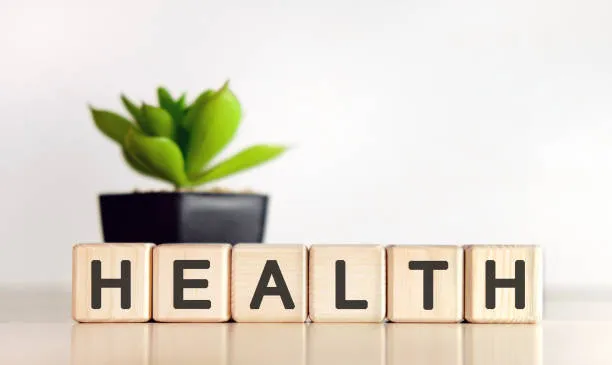
WHO Unveils “3 by 35” Health Tax Initiative to Combat NCDs and Boost Public Revenue
The World Health Organization (WHO) has launched a bold and far-reaching global campaign aimed at saving millions of lives and strengthening public health systems through the introduction of higher health taxes. Dubbed the “3 by 35” Initiative, the campaign calls on governments around the world to increase the real prices of tobacco, alcohol, and sugary drinks by at least 50% by the year 2035. This sweeping measure is designed to combat the growing burden of noncommunicable diseases (NCDs) while generating significant public revenues that can be reinvested into health care, education, and social protection systems.
The initiative comes amid increasing pressure on global health systems due to the surge in NCDs such as heart disease, cancer, and diabetes, which now account for over 75% of all deaths worldwide. At the same time, development aid is shrinking, and many low- and middle-income countries face growing public debt. WHO views health taxes as a highly effective, dual-purpose strategy to reduce the consumption of harmful products while raising much-needed funding for essential services.
“Health taxes are one of the most efficient tools we have,” stated Dr. Jeremy Farrar, WHO’s Assistant Director-General for Health Promotion, Disease Prevention, and Control. “They cut the consumption of harmful products and create revenue governments can reinvest in health care, education, and social protection. It’s time to act.”
A Bold Vision: Saving Lives and Generating Revenue
At the heart of the “3 by 35” Initiative lies a powerful goal: to prevent 50 million premature deaths over the next 50 years by making harmful products less affordable and accessible. WHO also aims to raise an additional US$1 trillion in public revenues over the next decade by encouraging countries to introduce or increase excise taxes on tobacco, alcohol, and sugary beverages.
This call to action is backed by evidence. According to a recent WHO analysis, a one-time 50% price hike on these products could have a transformative impact on global health by significantly reducing consumption levels. Between 2012 and 2022, nearly 140 countries increased tobacco taxes, resulting in an average real price increase of more than 50%. These efforts show that large-scale policy change is not only feasible but also effective.
Countries that have implemented health taxes—such as Colombia and South Africa—have already demonstrated tangible benefits, including a notable drop in consumption and a rise in public revenue. Despite these successes, many nations continue to offer tax incentives or subsidies to unhealthy industries, including tobacco and alcohol producers. In some cases, long-term investment agreements limit governments’ ability to raise taxes on these products, undermining public health goals.
WHO is urging countries to revisit these policies and phase out exemptions that hinder effective health taxation. The organization emphasizes that reversing such counterproductive policies is essential to advancing global health and reducing the economic burden of preventable diseases.
A Global Partnership for Local Action
The “3 by 35” Initiative is not a solitary endeavor. WHO is partnering with a coalition of global stakeholders—including international development agencies, public health experts, economists, and civil society organizations—to assist governments in designing and implementing health taxes. These partners bring a wealth of technical knowledge, policy expertise, and practical experience to support country-specific reforms.
The initiative seeks to build strong, multisectoral alliances that include ministries of health and finance, parliamentarians, public health researchers, and advocacy groups. The goal is to foster broad political support and build momentum for sustainable policy changes that can transform national health systems and reduce dependence on external funding.
Many governments have already expressed interest in moving toward more self-reliant, domestically funded health systems. WHO’s new initiative provides a structured roadmap to guide countries through this transition by focusing on three strategic action areas:
- Reducing Harmful Consumption
By raising excise taxes, governments can make tobacco, alcohol, and sugary drinks less affordable, thereby discouraging consumption and reducing future healthcare costs. - Mobilizing Domestic Revenue
Increased health taxes can unlock new funding sources for critical public services, such as universal health coverage, disease prevention programs, and social welfare initiatives. - Building Cross-Sectoral Support
Success depends on the involvement of a broad range of stakeholders. The initiative prioritizes collaboration between finance and health ministries, lawmakers, civil society, and academia to drive evidence-based policy and build public trust.





